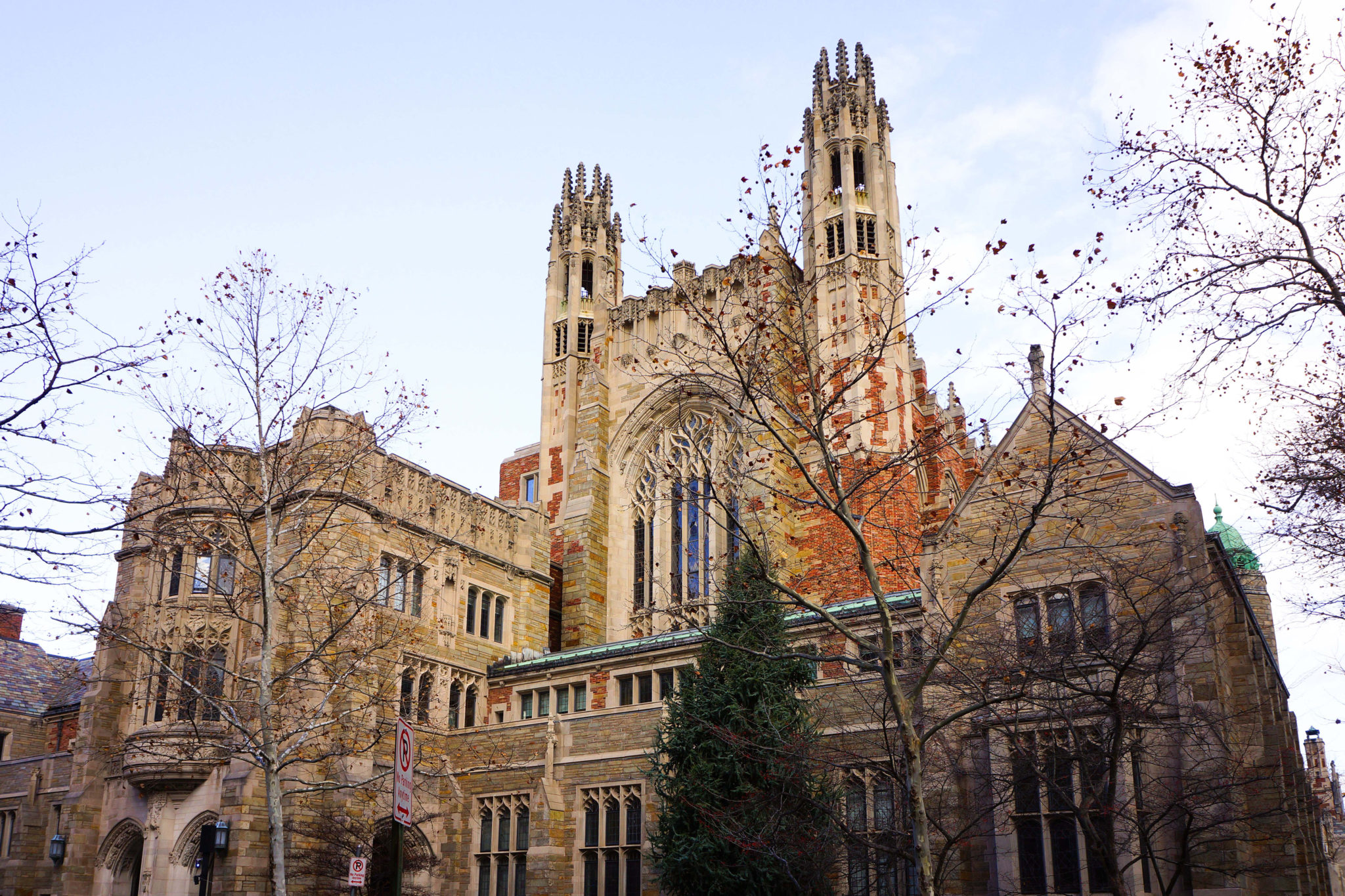
Yale Law School hosted the 25th annual Rebellious Lawyering Conference on Feb. 15 and 16 to confront issues of social justice in the legal practice — weeks after a controversial keynote speaker was disinvited.
Law students, activists and professors alike crowded into the Law School for the annual event. Programming consisted of workshops, panel discussions and an art exhibit relating to activism. Ana Maria Archila, co-executive director of the Center for Popular Democracy; Anita Earls, associate justice on the North Carolina Supreme Court; and Chokwe Lumumba, mayor of Jackson, Mississippi delivered keynote addresses at the conference. Each closing keynote address was followed by identity caucuses, in which participants were able to share life experiences in the context of RebLaw’s mission. Other sessions covered topics such as the criminalization of homelessness, voting rights and lawyering in the black tradition.
Earlier this month, the conference directors withdrew an invitation to controversial Philadelphia District Attorney Larry Kasner following a Harvard Law School student petition. Krasner challenged a Pennsylvania judge’s ruling that would allow former black panther and radio journalist Mumia Abu-Jamal an appeal before the state Supreme Court. Abu-Jamal has been in prison since 1982 following a conviction for the murder of a Philadelphia police officer.
Johanna Fernandez, director and producer of “Justice on Trial: The Case of Mumia Abu-Jamal” which was screened at RebLaw, arranged a fifteen-minute phone conference with Abu-Jamal in which he was able to field and respond to questions from attendees. During the phone call, attendees put up signs reading: “Krasner drop the appeal.”
“It was powerful, very human, almost like a religious experience,” Fernandez told the News.
Mark Taylor, founder of Educators for Mumia Abu-Jamal, commented that giving Abu-Jamal a platform at RebLaw should attune lawyers to the phenomenon of jailhouse lawyering. Jailhouse lawyers are inmates who learn the law, draft legal briefs and advocate for themselves behind bars. Taylor added that the self-taught legal practice “places lawyering in a very different paradigm.”
Beyond the controversy surrounding Krasner, conference attendees noted that the events were inspiring.
“Learning how to build solidarity across institutions across the country, across the continent and be inspired by different regional organizing movements and strategies” motivated Damey Lee, a law student from Toronto, to attend the conference.
Bianca Anglero, the artist behind the exhibit “Santeria: A Personal Journey of Chronic Illness and Healthcare,” said that her experiences navigating the American health care system as a young woman with Hashimoto’s thyroiditis inspired her work. Santeria is a syncretic Afro-Cuban religious tradition influenced by West African faiths and Roman Catholicism. The exhibit featured pictures of models as “Orishas,” the Gods and Goddesses of Santeria who are called on for strength and guidance. Anglero hoped to communicate the challenges of chronic illness patients to lawyers and activists, as well as incorporate what she learns from the conference into future art-related forms of activism.
“What I can do, as an artist, is speak up about it and hope that some rebellious lawyers can use this work as an inspiration to do what they do best,” Anglero wrote in an email to the News.
Mumia Abu-Jamal is currently serving a life sentence without parole.
John Besche | john.besche@yale.edu







